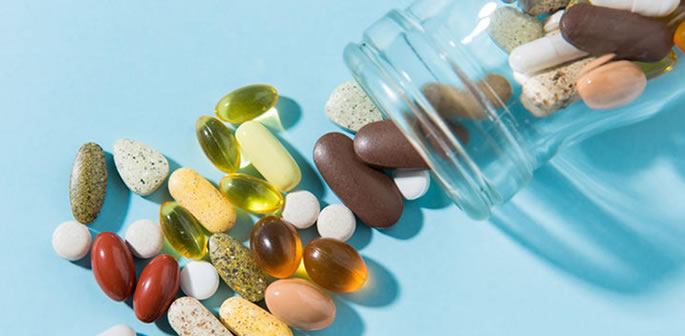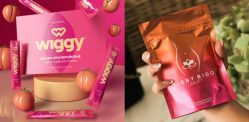“I cannot live without taking my skin and hair supplements."
When it comes to our health, supplements are a way to provide a positive effect on our bodies. This includes Desi people.
Some help to lose weight while others help to optimise in health in various areas, such as improving heart health.
Dietary supplements are here to stay. They are heavily promoted on social media and people have taken to supplements while also self-diagnosing their health.
People also take supplements because industrially farmed foods are lower in nutritional content.
But this reason alone cannot be the factor as there is the existence of organically farmed food.
However, organic food can be expensive, therefore, having a supplement may be a cheaper alternative.
But do we need them for better health and can they benefit us to fill in the gaps of nutrition? Let’s explore more.
What are Supplements?
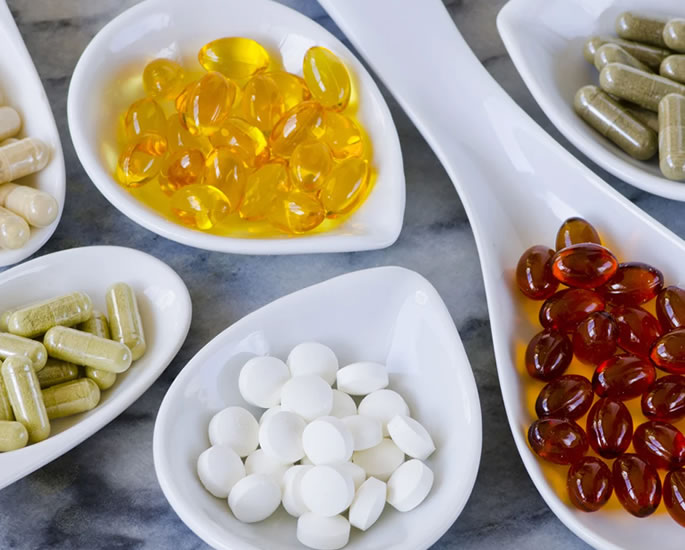
Dietary supplements are concentrated forms of vitamins and minerals, aimed at providing a person with nutrients that they are deficient in.
They come in various forms like pills, capsules, tablets, powders or liquids.
They are intended to rectify any nutritional deficiencies that our regular food consumption cannot provide.
The European Food Safety Authority (EFSA) said:
“They are not medicinal products and as such cannot exert a pharmacological, immunological or metabolic action.
“Therefore, their use is not intended to treat or prevent diseases in humans or to modify physiological functions.”
Why need Supplements?
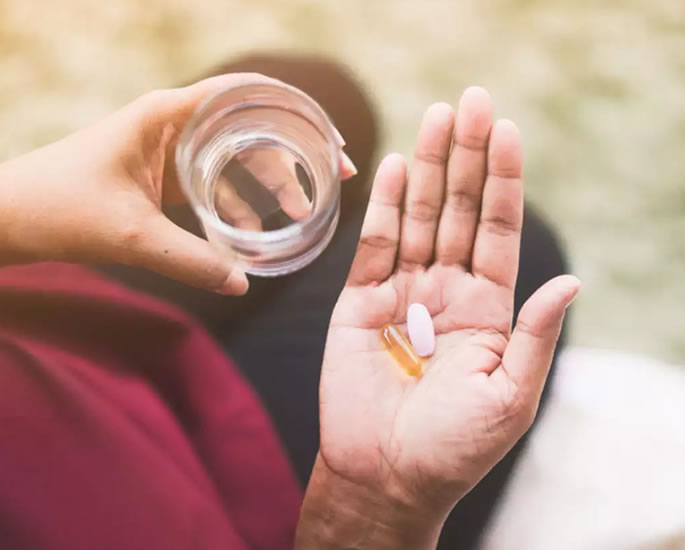
We all need nutrients for our bodies to function normally.
Most of the nutrients that are required for optimum performance come through a balanced diet.
But within a Desi lifestyle, foods can be rich in fat.
Lifestyle choices such as a lack of exercise may also contribute to nutrient deficiency.
As a result, some people consume supplements to ensure their bodies are getting their vitamins and minerals.
Niharika*, a 25-year-old mother from Leicester says:
“I cannot live without taking my skin and hair supplements.
“I started losing clumps of hair post-baby-birth and my jawline acne is a nightmare.”
On how she was introduced to supplements, Niharika added:
“It was my sister who recommended me to take the vitamins after watching some YouTube videos.”
Who should take Supplements?

Supplements are not medicinal products and are not suitable for everyone.
For some people, supplements can be harmful if taken incorrectly.
In the UK, the Department of Health and Social Care recommend some individuals like pregnant women are to take folic acid.
This is to reduce the risk of problems in the baby’s development in the early weeks of pregnancy.
Hence, they are advised to take folic acid before conception up until they are 12 weeks pregnant.
According to research, 50%-70% of Europeans are found to be Vitamin D deficient.
This is both due to diet and a lack of sun exposure.
Supplements are also beneficial when vulnerable and needing fast action.
For example, a woman with iron-deficient anaemia will need urgent medical management in terms of iron therapy with oral supplements or intravenous iron.
This is to avoid heart-related complications like tachycardia, which is an abnormally fast heartbeat.
It only makes sense for her to take iron therapy immediately rather than waiting and consuming a month’s supply of iron-rich foods to better her situation.
How are Supplements made?
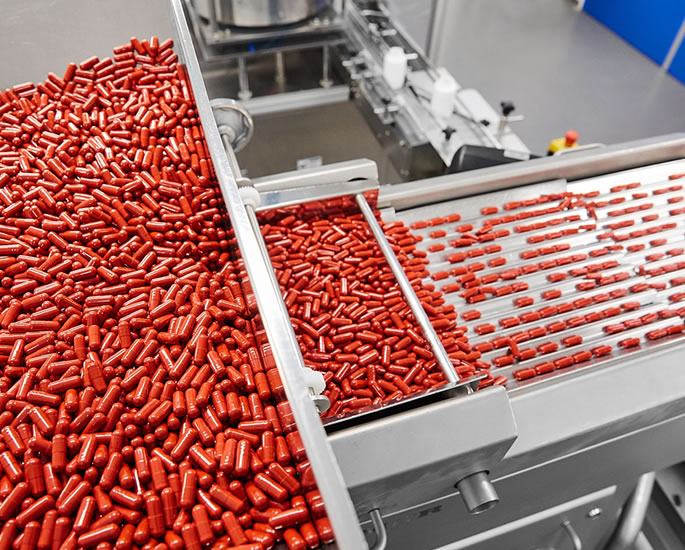
Supplements are intended to compensate for nutritional deficiencies but intention alone is not enough.
Supplements are not nutrients that are simply extracted from plants and vegetables directly into capsules.
They are always not ethically sourced as claimed.
There are six different categories of nutrients and ways the supplements are manufactured:
- Natural supplements include nutrients from plants and animals. Before they are turned into vitamins, they undergo heavy refining and processing. One example is the formation of Vitamin D3 which is usually wool oil exposed to ultraviolet light.
- Nature-identical supplements are the most common form of supplements on the market due to the scarcity of natural ingredients. These supplements mimic the molecular structure of the naturally occurring nutrients in the human body but are manufactured in laboratories. Example Vitamin C.
- Synthetic vitamins are made with chemical manipulations to give similar chemical constituents like natural nutrients. One such raw material for strictly synthetic manufacturing is coal tar and an example includes Vitamin B1.
- Food cultured supplements have nutrients grown into yeast or algae to make them more bioavailable. The process is similar to other cultured foods like yoghurt.
- Food-based supplements are manufactured by reacting synthetics with natural vitamins enzymatically using vegetable protein extracts. In this method, nutrients are easily perishable due to light, oxygen, pH changes and heat exposure.
- Bacterially fermented nutrients are made by genetically modifying the bacteria. For example, Vitamin D2 is not a natural form of the vitamin, it is sourced from mushrooms grown in UV light.
However, not all supplements are natural, but we like to believe they are natural due to the “natural” label.
Ryan Andrews, a nutritionist from New York, says:
“For a vitamin to be marked natural, it only has to contain 10% of the actual natural plant-derived ingredients.”
Natural supplements mean that the body should readily absorb nutrients without having to spend time or use up other nutrients to convert themselves from one form into another to become useful for the body.
Unfortunately, that is possible only with real foods.
This is because the absorption of nutrients from whole foods range between 20 and 98%.
This is better than taking supplements with lower nutrient absorption.
Ashok*, a pharmacist from London, says:
“Vitamins in the form of artificial supplements are no good if the diet itself is not balanced.”
But we fear being robbed of necessary nutrients from industrially-farmed foods due to fertilisers and other chemicals in the soil.
Fourteen-year-old Anu Kapadia* explained her reasons to consume Vitamin B12 from Holland & Barrett. She says:
“I learnt at school that our planet is robbed of the important minerals and I think that’s why I have premature grey hair.
“My mum googled my condition and she later bought me these vitamins.”
To conclude, not all drugs are harmful and not all supplements are helpful.
But taking them blindly without knowing how much to consume and when to take them can do more harm.
For Desi people, supplements will have little to no effect if lifestyle choices and diet is not adequate.
Always consult a doctor before taking any supplement and check what vitamins and minerals you are lacking to determine the right ones to take.




















































